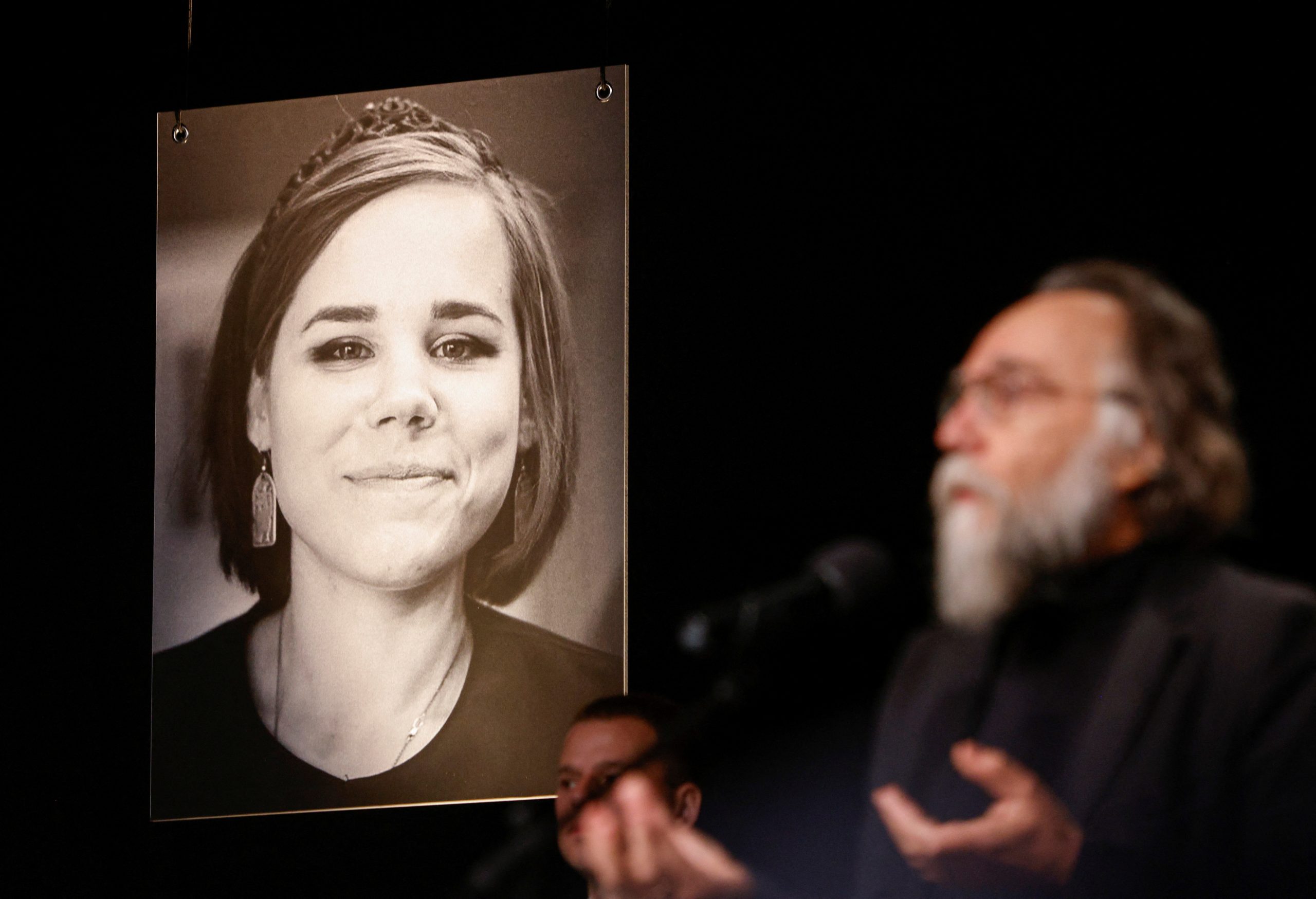
Chris Lange, FISM News
[elfsight_social_share_buttons id=”1″]
The U.S. State Department on Monday issued a security alert warning that Russia is preparing to launch strikes on Ukraine’s civilian infrastructure and government facilities in the coming days. The U.S. Embassy in Kyiv is urging all U.S. citizens currently in Ukraine to leave immediately.
“If you hear a loud explosion or if sirens are activated, immediately seek cover,” the State Department said in its alert. “If in a home or a building, go to the lowest level of the structure with the fewest exterior walls, windows, and openings; close any doors and sit near an interior wall, away from any windows or openings.”
The alert was issued after the U.S. intelligence community declassified information indicating that Moscow is working to step up attacks on Ukrainian civilian infrastructure.
Russia’s war on Ukraine will reach its six-month mark Wednesday, coinciding with Ukraine’s annual commemoration of its independence from Soviet rule.
Ukraine president Volodymyr Zelenskyy warned that there would be a harsh retaliation if Ukraine attacks Kyiv as a symbolic measure against the country’s independence.
“If they hit us, they will receive a response, a powerful response,” Zelenskyy said. “I want to say that each day … this response will grow, it will get stronger and stronger.”
The city of Kyiv has banned all public celebrations out of caution.
Mourners pay tribute to slain daughter of Putin ally
On Tuesday hundreds of people attended a memorial tribute for the daughter of one of Russian President Vladimir Putin’s top advisors who was killed in a car bombing Saturday.
Darya Dugina, 29, died when an explosive device planted in the SUV she was driving was remotely detonated. Many speculate that her father, Alexander Dugan, was the intended target, with some reports indicating that the SUV belonged to him. Darya Dugina was a commentator with a nationalist Russian TV station.
Alexander Dugin told the crowd of mourners that his daughter “died for the people, died for Russia,” the Associated Press reported. Putin denounced the “cruel and treacherous killing” of Dugina in a letter of condolence to her parents and posthumously awarded her the Order of Courage, one of Russia’s top honors.
Russia’s Federal Security Service said Dugina’s killing was “prepared and perpetrated by the Ukrainian special services.”
Oleksiy Danilov, the secretary of Ukraine’s National Security and Defense Council, repeated Ukraine’s denial of any involvement in the killing, saying late Monday that “our special services have no relation to that.”
Dugin, who is frequently referred to as “Putin’s brain,” is a leading advocate of the “Russian world” ideology centered around the restoration of Russia as a global power and unity among all ethnic Russians.
Concern for Ukrainian POWs mount
The U.N. human rights office expressed mounting concern Tuesday over the fate of Ukrainian prisoners of war captured in Mariupol. The U.N. says the POWs, whom Russia has charged as terrorists, could face trial within days. The U.N. sounded the alarm following reports of metal cages being installed in a public hall and the formation of what Russian-backed separatists in the region are calling an “international tribunal.”
“We are very concerned about the manner in which this is being done. There are pictures in the media of cages being built in Mariupol’s philharmonic hall, really massive cages and apparently, the idea is to restrain the prisoners,” Ravina Shamdasani, spokesperson for the Office of the U.N. High Commissioner for Human Rights (OHCHR), said in a briefing.
“This is not acceptable, this is humiliating,” Shamdasani added. She also said dozens of OHCHR monitors in Ukraine say they have been barred from access to the prisoners and don’t believe they will be allowed to attend the planned trials.
“We are worried that denial of access to independent monitors leaves prisoners of war open to torture to extract confessions from them,” Shamdasani said.
The POWs are said to be members of Mariupol’s Azov regiment who famously refused to surrender to Russian forces for weeks as they holed up in a burned-out steelworks factory in the southern port city that saw some of the worst suffering of the war. Left without access to food or medicine, with many suffering grievous injuries, hundreds of soldiers from the regiment ultimately surrendered in May.
